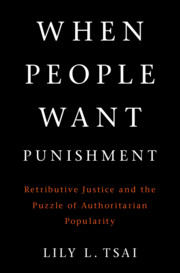In the past decade, the Vietnamese lesbian, gay, bisexual, transgender, and other sexual orientations and gender identities (LGBT+) movement has succeeded in repositioning this population from the stigmatising label of “social evils” to a more positive social representation. Despite the limited space for civil society in this authoritarian environment, Vietnamese activists and non-governmental organisations (NGOs) have effectively changed public attitudes, improved visibility, and gained legal recognition for this marginalised community. This study uses qualitative data from interviews with twelve activists and fieldwork observations to explain how activist strategies in this setting align with the “service delivery” function of civil society. By examining how activists have addressed healthcare and education deficits, I demonstrate that activism in authoritarian regimes can be effective when it assists instead of challenges the government. The findings contribute to scholarship on global queer activism by demonstrating how a service delivery approach can achieve social change, highlighting the role of NGOs and international development in this process. Additionally, the findings expose existing challenges that hinder these activists’ efforts, showing how funding dependency and inadequate legal recognition can significantly limit the creativity and autonomy of grassroots activist groups.
